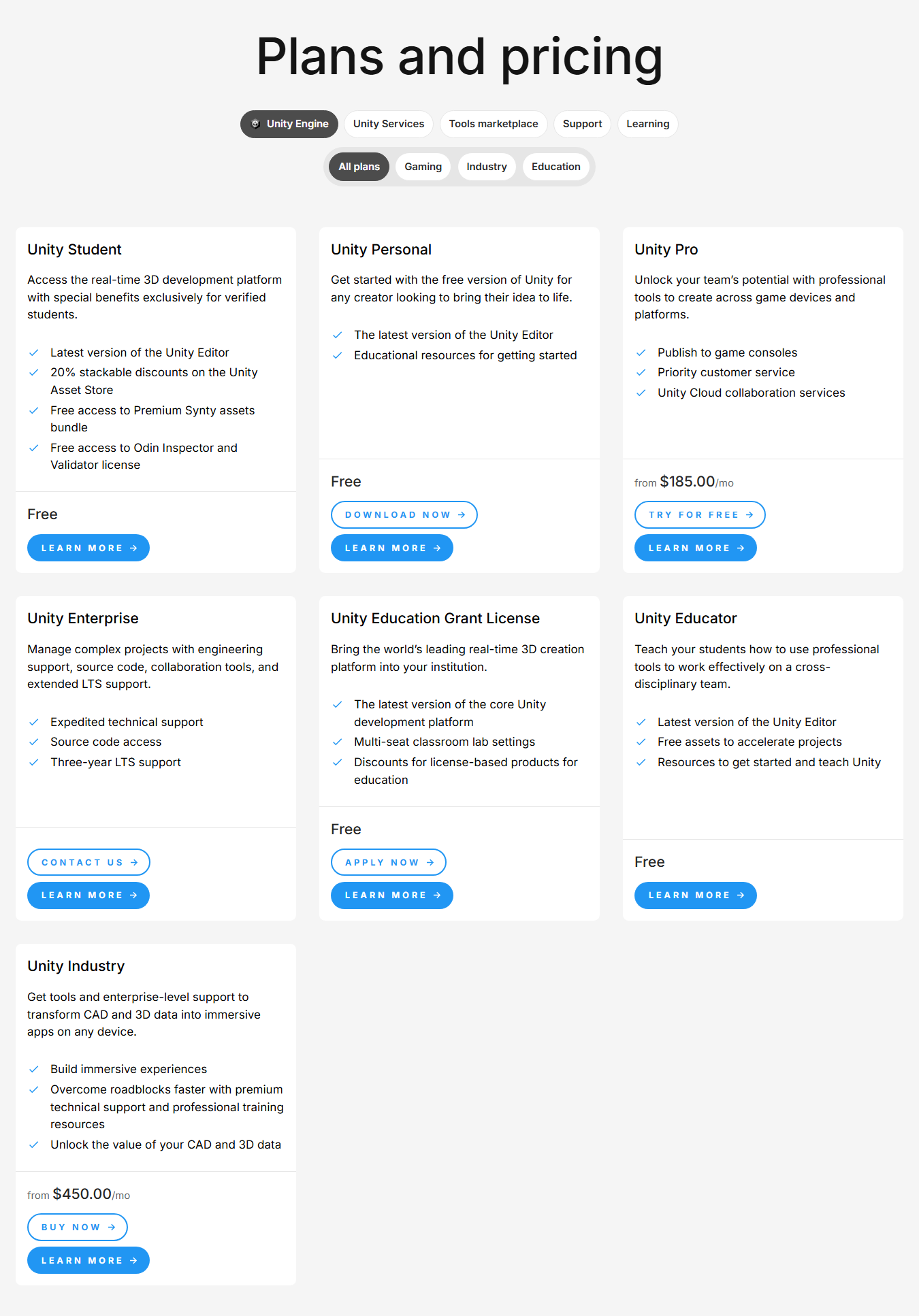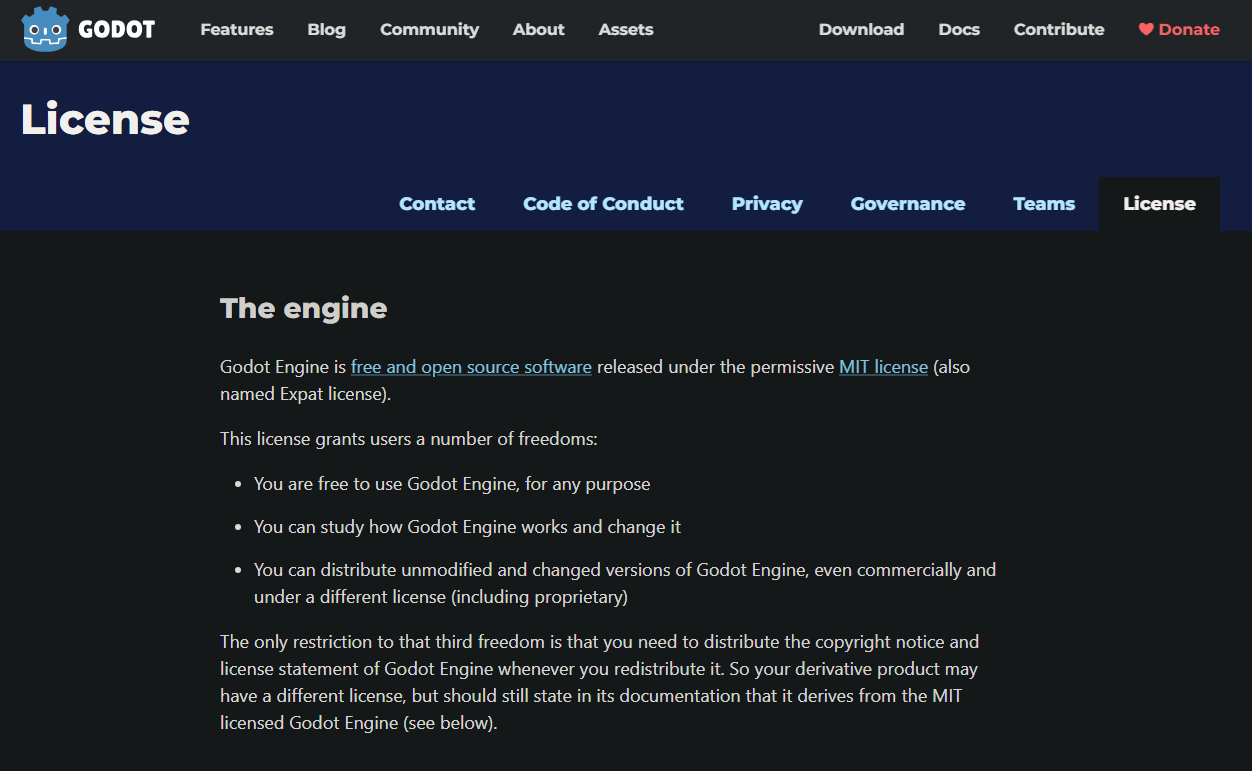When it comes to game development, choosing the right engine can be the difference between success and frustration. When comparing Godot and Unity, you will find distinct benefits and unique attributes in both engines.
Unity offers a comprehensive set of advanced 3D development tools and optimization techniques, making it ideal for complex projects. In contrast, Godot's streamlined structure allows for swift performance, particularly for smaller or 2D games.
But how do these differences impact your workflow, financial considerations, and future opportunities in game development? Understanding these aspects can help you determine which engine best suits your needs and objectives.
So, which should you choose for your upcoming project? As an experienced software development agency in LA, we’ll do our best to guide you through the decision process. Stick around!
When getting into game development, you will come across two major engines: Godot and Unity. Both offer unique features that cater to different needs and preferences.
If you want an open-source and free option, Godot's simplicity might be what you need. Its node-based architecture and GDScript make programming straightforward and accessible, especially for beginners. Godot excels in 2D game development, providing lightweight and fast performance suitable for smaller projects. Godot's design principles keep developers focused on the end-user experience throughout the project.
Conversely, Unity's versatility makes it a favorite among developers aiming for high-end 3D games. Using the C# scripting language, Unity provides advanced graphics and a robust asset store, which can significantly speed up the development process. Unity also offers more optimization tools and guarantees consistent cross-platform performance, making it ideal for complex projects that require fine-tuning and broad reach.
While Unity has a larger community and extensive support base, Godot's cost-free nature and community-contributed tools make it an appealing choice for developers working with limited resources. Each engine has its strengths, allowing you to choose the one that best aligns with your project goals and expertise level.
EXPLORE OUR PORTFOLIOReach out for a FREE consultation - let’s get your vision to life! |
Understanding these strengths can help you choose the appropriate engine for your project.
Exploring performance and optimization, Unity stands out with its extensive suite of tools designed for high-end 3D game development. When comparing performance, you'll find that Unity offers a robust set of optimization techniques. These include advanced graphics capabilities, rendering options, and a highly extensive asset store. Unity's cross-platform support also enhances its optimization potential, making it easier to fine-tune your game for various devices. Unity adopts an agile methodology that promotes timely delivery and adaptability, which is important for rapid development cycles.
Conversely, Godot's lightweight architecture provides fast performance, especially for smaller projects or 2D game development. Godot excels in managing resources efficiently, which can be a significant advantage if you're focusing on simpler, less resource-intensive games. While it may not have the same level of advanced tools as Unity, Godot's streamlined design allows for quick and effective optimization without much hassle.

In practical applications, both Godot and Unity have demonstrated their strengths in various areas, making the choice between them heavily reliant on your project's specific needs. If you're an indie developer or part of a small studio, Godot's free and open-source nature is a significant advantage. It excels in projects where scalability and team collaboration are important. Indie hits like Hollow Knight and Celeste have highlighted Godot's capabilities.
Unity is preferred by larger studios and professionals aiming for advanced features and high-end 3D graphics. Games like Among Us and Pokémon GO highlight Unity's strengths in resource management and meeting project deadlines. Unity's cross-platform development capabilities make it an excellent choice for reaching diverse audiences efficiently. When deciding between the two, consider the following:
Ultimately, the choice hinges on your specific project's demands and the resources at your disposal.
When comparing workflow efficiency, both Godot and Unity exhibit unique strengths and weaknesses. In Godot, the workflow emphasizes modular work, which can be a double-edged sword. While it promotes reusable components and clear organization, it can result in a cluttered node tree, complicating node management. Unity offers a more straightforward object creation process, which tends to be simpler and quicker to understand. Unity's iterative development approach promotes timely delivery and flexibility, enhancing the overall development experience.
Unity stands out with its beginner-friendly interface. The object creation in Unity involves fewer steps, making it easier for newcomers to get started. In contrast, Godot's method can seem more convoluted, especially for those unfamiliar with its node-based system.
However, Godot offers Gdau with .NET, allowing instant scene and script editing. This feature can greatly improve workflow efficiency by reducing downtime during development. Unity, though generally efficient, sometimes suffers from loading bugs that can interrupt the creative process.
A downside for Godot is the lack of live scene editing, making debugging more challenging. Unity's live scene editing capabilities provide a smoother experience when identifying and fixing issues.
Let's explore how each engine supports the creation process. Godot offers a compact development environment with a small installation size, significantly speeding up your development. Its integrated code editor and the option to use an external editor provide flexibility, catering to your coding preferences. This setup is particularly beneficial if you aim for a streamlined user experience without unnecessary extras. Godot's user-centric design aligns with industry standards, providing a smooth development process.
Conversely, Unity supplies a versatile toolset suitable for developers at any level. It includes comprehensive documentation that simplifies the learning process. Unity's interface design is rich, and its asset store offers a wide variety of resources to speed up your development. Unity also excels in collaboration tools, which are important for projects requiring teamwork.
Both engines have unique strengths, so your choice depends on your specific requirements and preferences.
EXPLORE OUR GAMES PORTFOLIO Reach out for a FREE consultation - let’s get your vision to life! |

| Feature | Godot | Unity |
| Community Collaboration | Highly active and supportive | Active but more corporate-motivated |
| User-Driven Enhancements | Frequent updates based on user feedback | Updates guided by corporate roadmap |
| Availability of Guides/Resources | Extensive and community-curated | Extensive but often commercial |
Understanding the business models of various game development engines is important when choosing the right one for your project. Unity provides a tiered pricing structure, starting with a free Personal plan and offering Plus and Pro options for more advanced needs.
These costs can significantly impact your profit margins, particularly as your project grows. The higher-priced tiers grant access to a comprehensive set of tools and support. Unity's integration of advanced technologies like AI and AR can give your game development process a competitive advantage.
Godot, in contrast, is entirely free and open-source, with no hidden fees. This can be particularly advantageous if you have a limited budget or are part of a small indie team.
The affordability of Godot means you can allocate funds to other areas, potentially improving your profit margins.
Ultimately, choosing between Unity and Godot will depend on your project's budget, scalability, and financial objectives. Understanding these business models will help you make a choice that aligns with your financial strategy and development needs.

When examining the financial aspects of game development, the difference between Unity and Godot in terms of licensing and subscription costs is clear. Unity provides a free tier, but it comes with limited features. To unlock additional capabilities and higher revenue thresholds, you must subscribe to their plans, starting at $40 per month. As your project grows, these costs can increase, making Unity less economical for certain developers. Unity's approach to development emphasizes timely delivery and improved overall quality, which might justify the expense for some.
In contrast, Godot is completely free and open-source. There are no hidden costs or subscription fees, making it a more budget-friendly and accessible option for developers. This can be particularly beneficial if you're working with limited funds or just starting out in game development.
To recap:
Ultimately, your choice will depend on whether you value Unity's paid features and support or prefer Godot's free, open-source model.
Deciding between Unity and Godot isn't just about the initial cost; it's about how those costs evolve as your project scales. Godot's open-source nature offers financial stability, while Unity's structured pricing might suit projects requiring extensive support and premium features. Considering these aspects will help you make a financially sound choice for your game development pathway.

You've got Godot and Unity, each with its perks.
If you're aiming for high-end 3D games with all the bells and whistles, Unity is your go-to, bringing advanced tools and cross-platform capabilities. But if you're into lightweight, efficient performance for smaller or 2D projects, Godot is the way to go.
Ultimately, it's like choosing between a sports car and a reliable sedan—both get you there, it just depends on your path. Choose wisely, game developer!